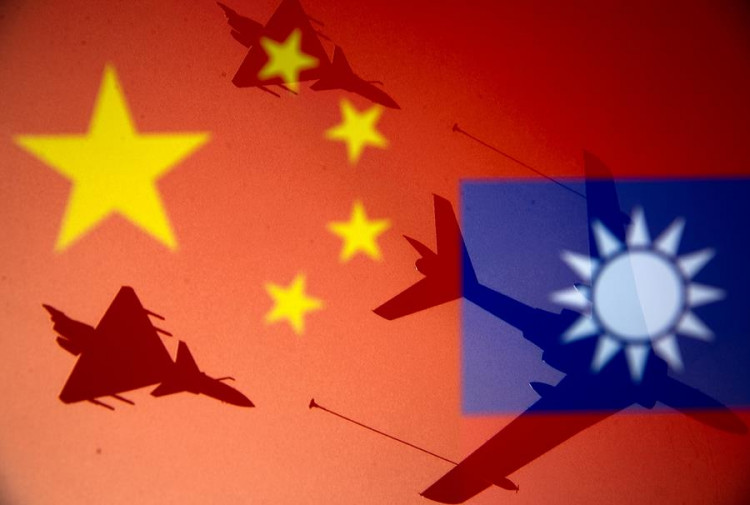Foreign Minister Mario Bucaro of Guatemala stated on Tuesday that his nation will "always support" Taiwan following China's largest-ever military exercises around the independent island earlier this month.
Bucaro told Taiwanese President Tsai Ing-wen that Guatemala and Taiwan were "like-minded countries" bound by a "democratic partnership" as they met at the presidential office in Taipei.
Because Guatemala firmly upholds the ideals of peace, sovereignty, and territorial integrity, Bucaro declared, "Guatemala would always defend Taiwan."
Peace is unassailable, but sovereignty is exceptionally secure, he said.
The comments were made only a few weeks after Beijing finished a series of military exercises surrounding Taiwan in retaliation for the visit of House Speaker Nancy Pelosi to the island in the first few days of August.
Although he made no mention of China, the official said that the purpose of his trip to the autonomous island was to "inform the world how important it is to demonstrate solidarity to the people of Taiwan, in the idea that only dialogue can prevail in the face of any confrontation."
Meanwhile, Bucaro, who took over as the nation of Central America's top diplomat in February, spoke to the media as he arrived at Taiwan Taoyuan International Airport and said the two old allies share the ideals of democracy, freedom, and respect for sovereignty.
The fact that this visit is taking place at a delicate time in the area is not a coincidence, as it serves as the most explicit demonstration of Guatemala's determination to continue supporting Taiwan in the face of any difficulty or danger.
Tsai then commended Guatemala for its diplomatic assistance in the wake of China's military maneuvers and mentioned that Taiwan was the first "Asian country" Bucaro had visited since being named foreign minister.
One of just three allies left in Central America, along with Honduras and Belize, Guatemala is one of only 14 nations with formal diplomatic connections to Taiwan.
Taiwan's leadership vigorously contests China's claim that democratically-governed Taiwan is one of its provinces and has no right to the accouterments of a state.
China and Nicaragua resumed diplomatic relations in December, and the administration publicly stated that it wants to reduce the number to zero.
The problem has wider geopolitical ramifications because China's increased activity in Central America has alarmed the United States.
A visiting U.S. group made it plain that it wants the Central American nation to keep its ties with Taiwan.






